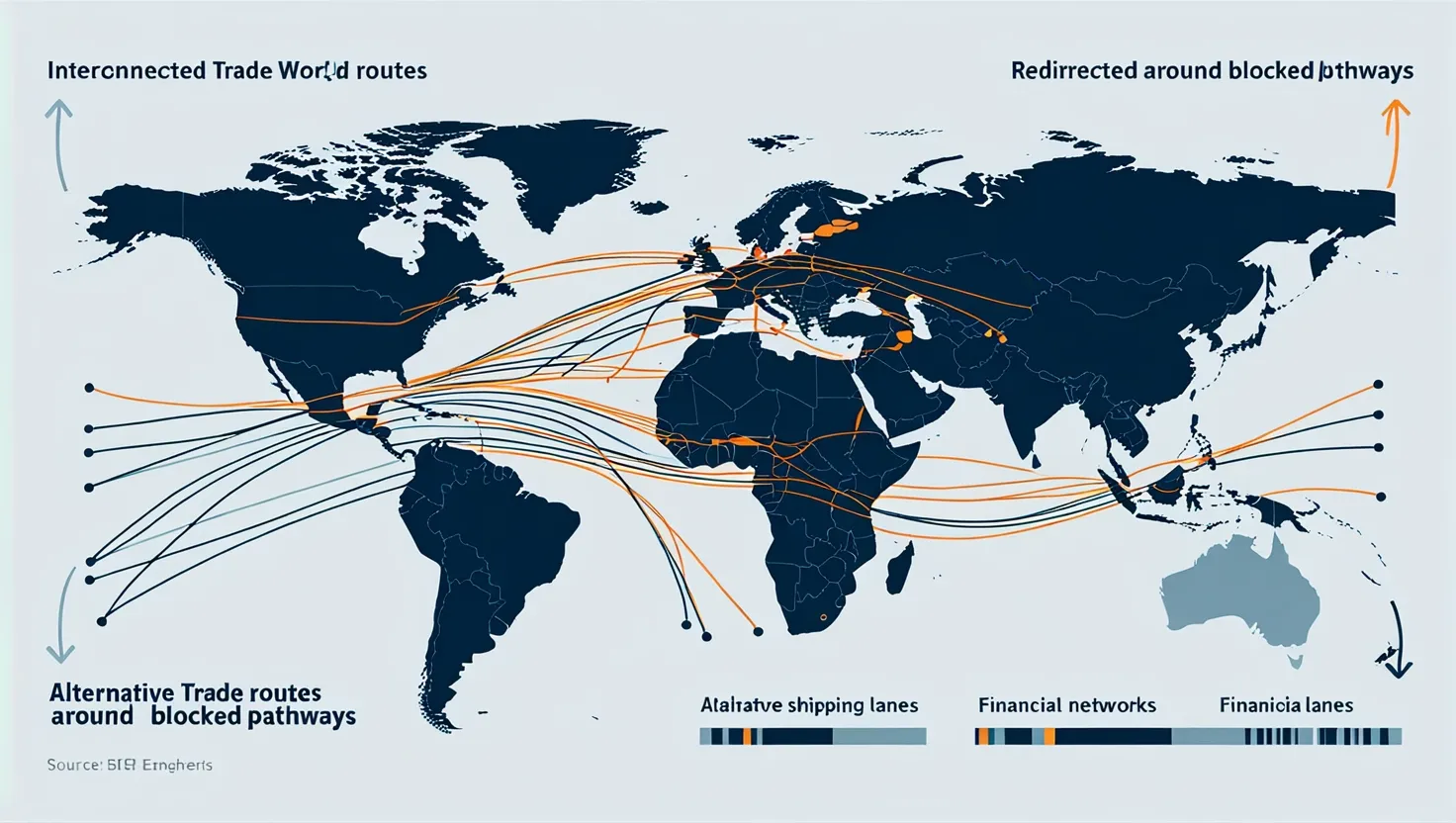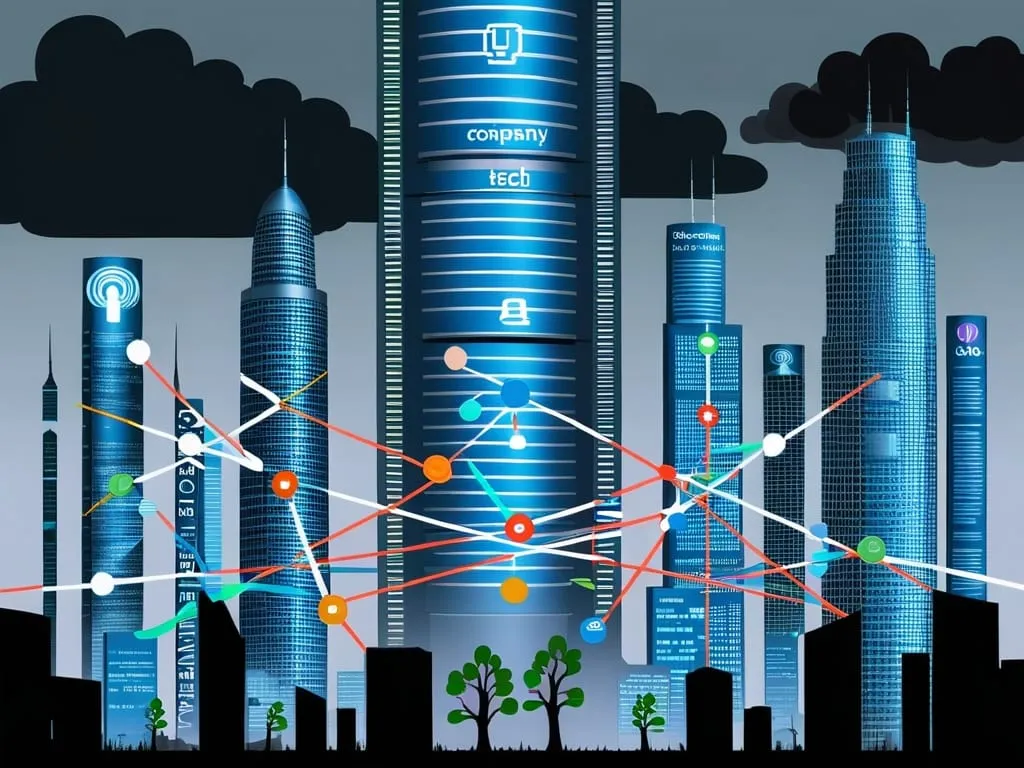When it comes to investing, many of us tend to stick with what we know – the familiar terrain of developed markets. However, for those willing to venture a bit further, frontier markets can be a treasure trove of untapped potential. These often-overlooked regions are not just about high risk; they also offer unique opportunities that can significantly diversify and enhance your investment portfolio.
The Allure of Frontier Markets
Frontier markets are a subset of emerging markets, but they are generally less developed and less covered by institutional investors. This lack of attention can be a blessing in disguise. Countries like Guyana, Argentina, and Pakistan, which are often overlooked, are experiencing rapid population growth and economic transformation. For instance, Guyana, with its recent oil discoveries, is on the cusp of a significant economic boom. This newfound wealth is not just a boon for the local economy but also presents a compelling investment opportunity, especially in sectors like food and beverage and tobacco, which are the mainstays of the Guyana Stock Exchange.
Resilience in the Face of Adversity
One of the most striking aspects of frontier markets is the resilience of local companies. Despite facing numerous challenges, including political instability, economic turmoil, and currency fluctuations, these companies have shown an impressive ability to adapt and thrive. In countries like Argentina and Turkey, where economic crises have been severe, local firms have managed to maintain strong earnings growth. For example, Argentina's equity market, despite a tumultuous economic environment, trades at a forward price-to-earnings ratio of just 8.3 times, making it an attractive entry point for investors.
Low Valuations, High Potential
Frontier markets often trade at historically low valuations compared to their more developed counterparts. This means that investors can buy into these markets at a fraction of the cost of investing in developed markets. In Nigeria, for instance, the forward P/E ratio is around 8.1 times, significantly lower than the 23 times seen in the U.S. stock market. These low valuations provide a margin of safety and suggest that there is substantial room for growth.
Diversification Benefits
Investing in frontier markets can also provide a much-needed diversification to your portfolio. These markets tend to have low correlation with global equities, meaning their performance is not closely tied to the ups and downs of major stock markets. This can be particularly beneficial in times of global economic uncertainty. By allocating a portion of your portfolio to frontier markets, you can reduce overall risk and potentially increase returns. For example, a study showed that nations experiencing significant currency depreciation often outperform the broader index in the subsequent years, with an average outperformance of 64% in U.S. dollar terms over two years.
Technological Leapfrogging
One of the fascinating aspects of frontier markets is their ability to leapfrog traditional development stages. With the advent of technology, many of these countries are skipping the intermediate steps and directly adopting modern solutions. In places like Pakistan, only one-third of the population has a bank account, but the rise of digital banking is changing this landscape rapidly. This not only opens up new investment opportunities in the financial sector but also highlights the potential for rapid growth in other areas such as IT services, which have seen exports reach all-time highs.
Policy Reforms and Economic Healing
After navigating through economic crises, many frontier markets are now enacting policy reforms that are leading to economic normalization. In Turkey, for instance, the shift towards more orthodox monetary policies has restored economic stability, with interest rates increasing sharply and foreign reserves growing. This environment is conducive to investment, particularly in sectors like enterprise software development, where there is a significant gap between current penetration and global averages.
The Human Capital Advantage
Frontier markets boast some of the fastest-growing populations in the world, which translates into a vast pool of human capital. This demographic dividend can be a powerful driver of economic growth. As more people enter the formal economy, consumer demand increases, driving growth across various sectors. In countries like Egypt and Nigeria, this growing consumer base is fueling expansion in industries such as retail, telecommunications, and healthcare.
Navigating the Risks
While the potential rewards are significant, it's important to acknowledge the risks associated with investing in frontier markets. Political instability, economic volatility, and liquidity issues are just a few of the challenges you might face. However, these risks can be mitigated with thorough research and a long-term investment horizon. It's also crucial to work with experienced investment managers who have a deep understanding of these markets.
A Personal Perspective
As someone who has delved into the world of frontier markets, I can attest to the excitement and potential they offer. It's not just about numbers and valuations; it's about understanding the local culture, the resilience of the people, and the innovative ways in which these economies are evolving. When I first started exploring these markets, I was struck by the sheer optimism and entrepreneurial spirit that pervades them. From the bustling streets of Karachi to the vibrant markets of Lagos, there is an energy that is hard to find in more developed economies.
Conclusion
Frontier markets are not for the faint of heart, but for those willing to take the leap, they can be incredibly rewarding. With their low valuations, high growth potential, and diversification benefits, these markets offer a unique opportunity to enhance your investment portfolio. As you consider where to allocate your next investment dollar, don't overlook these hidden gems. They might just surprise you with their resilience, adaptability, and growth potential.
In the end, investing in frontier markets is about seeing beyond the headlines and understanding the underlying dynamics that drive these economies. It's about recognizing that even in the most challenging environments, there are companies and people who are innovating, adapting, and thriving. And it's about being part of a journey that could lead to significant financial rewards and a deeper understanding of the global economy. So, if you're ready to venture off the beaten path, frontier markets could be the hidden gem your investment portfolio has been waiting for.






